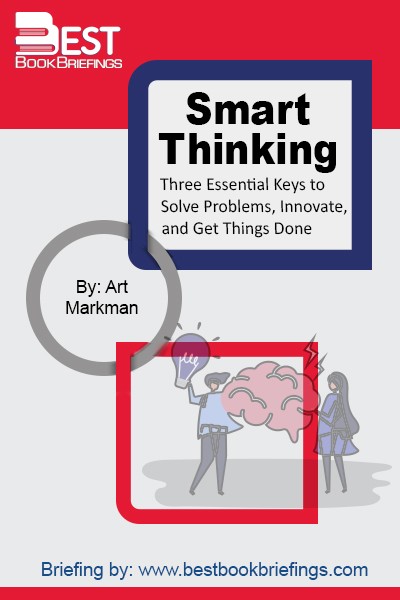Smart Thinking
Three Essential Keys to Solve Problems, Innovate, and Get Things Done
Number of pages: 272
Publisher: Tarcher Perigee
BBB Library: Psychology and Strengths, Personal Success
ISBN: 9780399537752
Editorial Review
Some researchers suggest that IQ tests are not good at predicting success because they do not measure the right forms of intelligence or the right combinations to predict how well people will do in real situations. But even that more nuanced way of thinking about intelligence falls short as an explanation of Smart Thinking. Measuring someone’s IQ does not tell you whether he or she engages in Smart Thinking, because most of what we are talking about when we say that someone has done something smart is not measured by tests of intelligence. That is because IQ tests focus almost on abstract reasoning abilities. But Smart Thinking that led to the cyclone vacuum had nothing to do with abstract reasoning. Smart Thinking is really about the content of what you know and how you use it. It is the ability to solve new problems using your current knowledge.
Book Reviews
Books on Related Topics
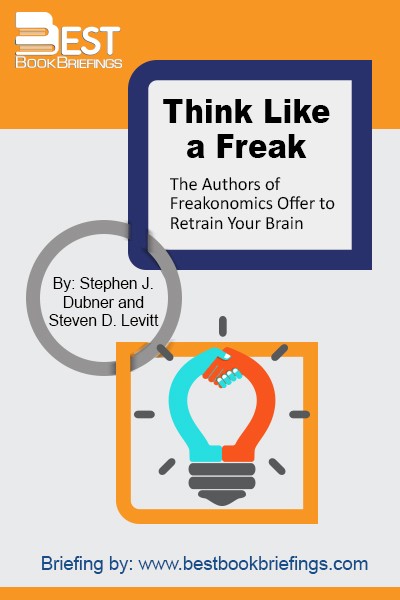
Solving problems is hard. If a given problem still exists, you can bet that a lot of people have already come along and failed to solve it. Easy problems evaporate; it is the hard ones that linger. Furthermore, it takes a lot of time to track down, organize, and analyze the
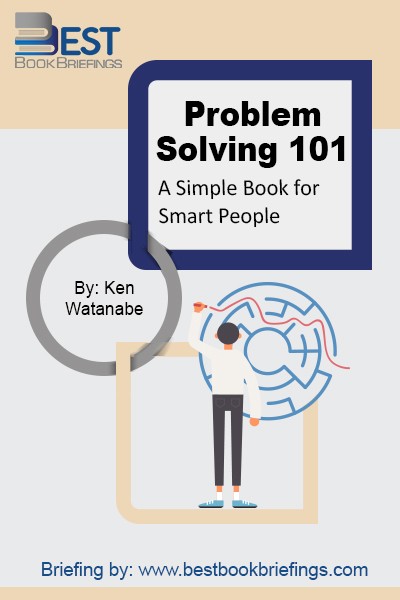
Ken Watanabe originally wrote Problem Solving 101 for Japanese schoolchildren. His goal was to help shift the focus in Japanese education from memorization to critical thinking, by adapting some of the techniques he had learned as an elite McKinsey consultant.
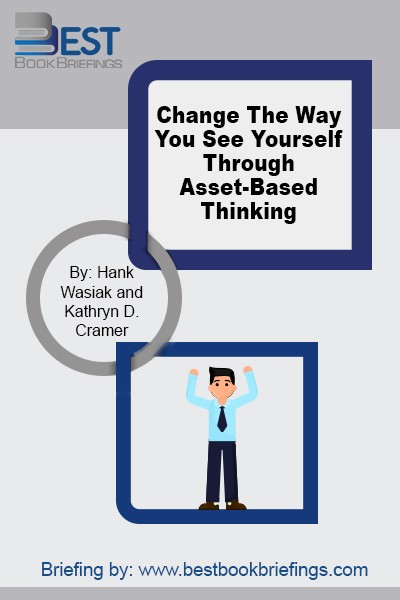
“Whatever you admire in someone, you have in yourself-if only but a glimmer. In fact, when a person’s talent, virtue, skill or attitude strikes you as amazing, you can be sure it’s something you want more of for yourself. You are ready, willing, and able to incorporate it into your repertoire
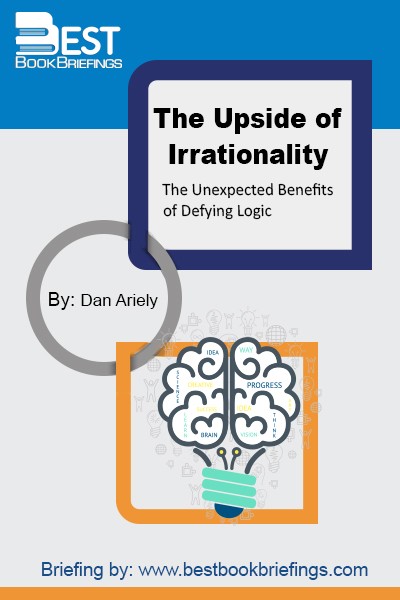
More than a century ago, psychologists Robert Yerkes and John Dodson performed different experiences in an effort to find out two things about rats: how fast they could learn and what intensity of electric shocks would motivate them to learn fastest. Some of the results aligned with what most of us
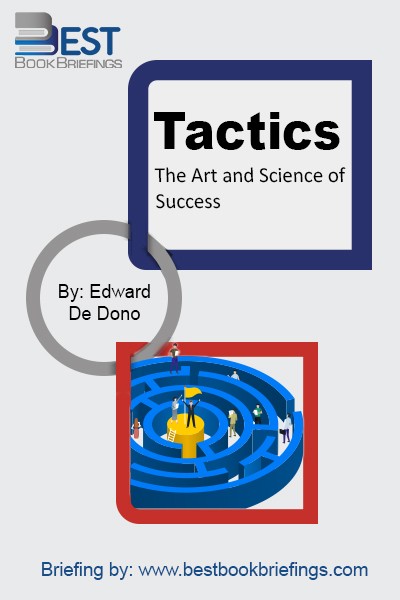
Tactics is based upon fifty interviews conducted for the book with men and women who have been outstandingly successful in a variety of fields. With his usual perceptiveness, Edward De Bono, one of the greatest revolutionary thinkers of our time, analyses their different paths to success, revealing that underneath their different
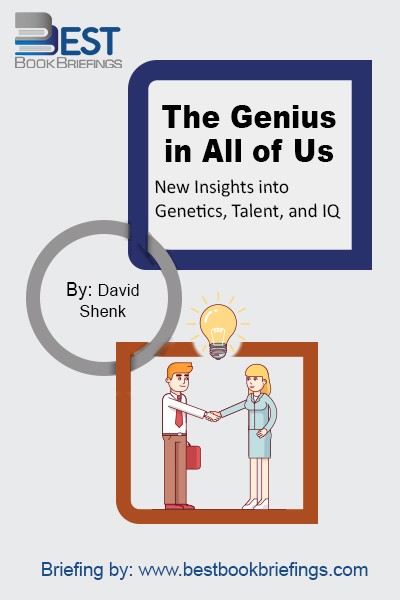
With irresistibly persuasive vigor, David Shenk debunks the long-standing notion of genetic “giftedness,” and presents dazzling new scientific research showing how greatness is in the reach of every individual. DNA does not make us who we are. “Forget everything you think you know about genes, talent, and intelligence,” he writes.

